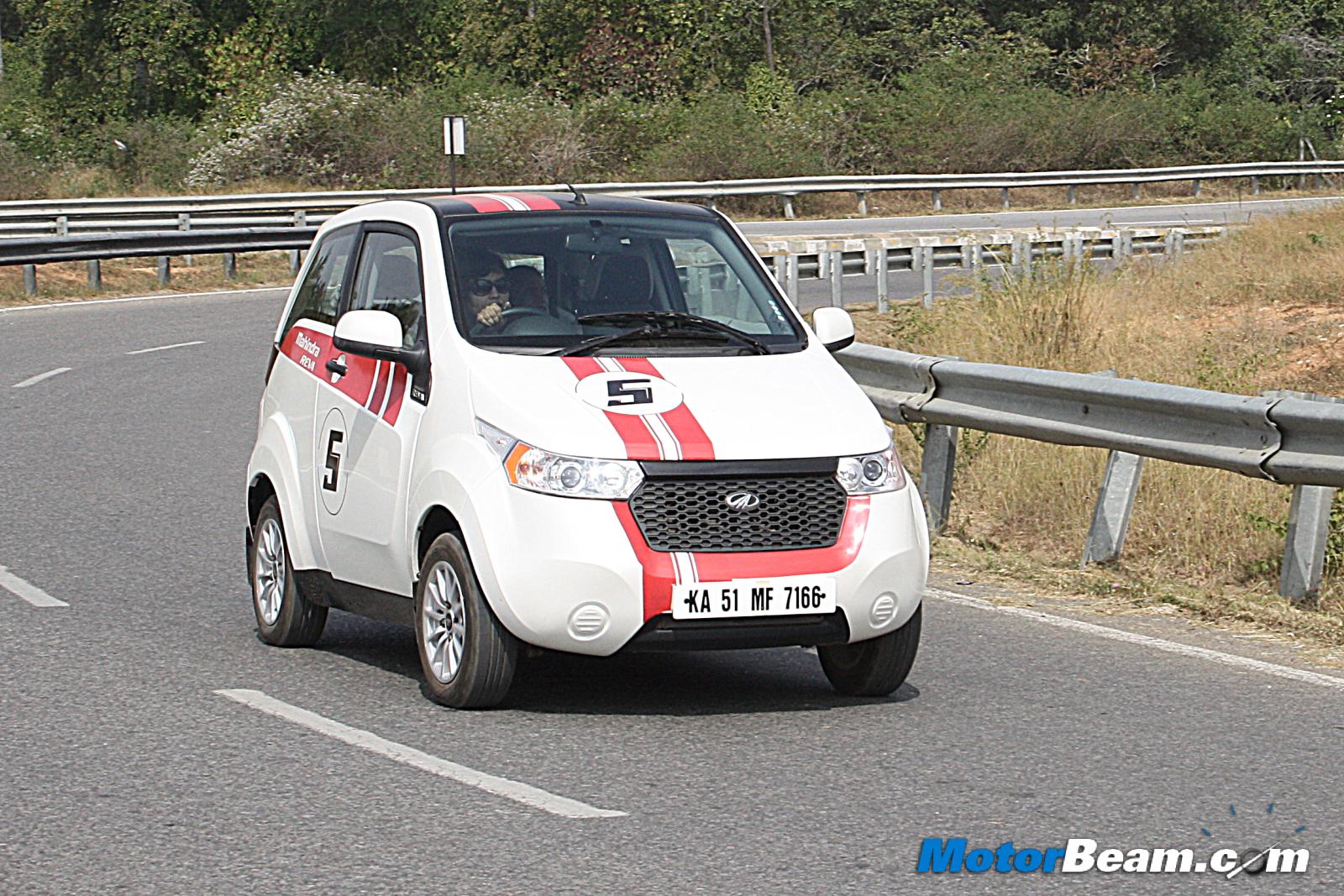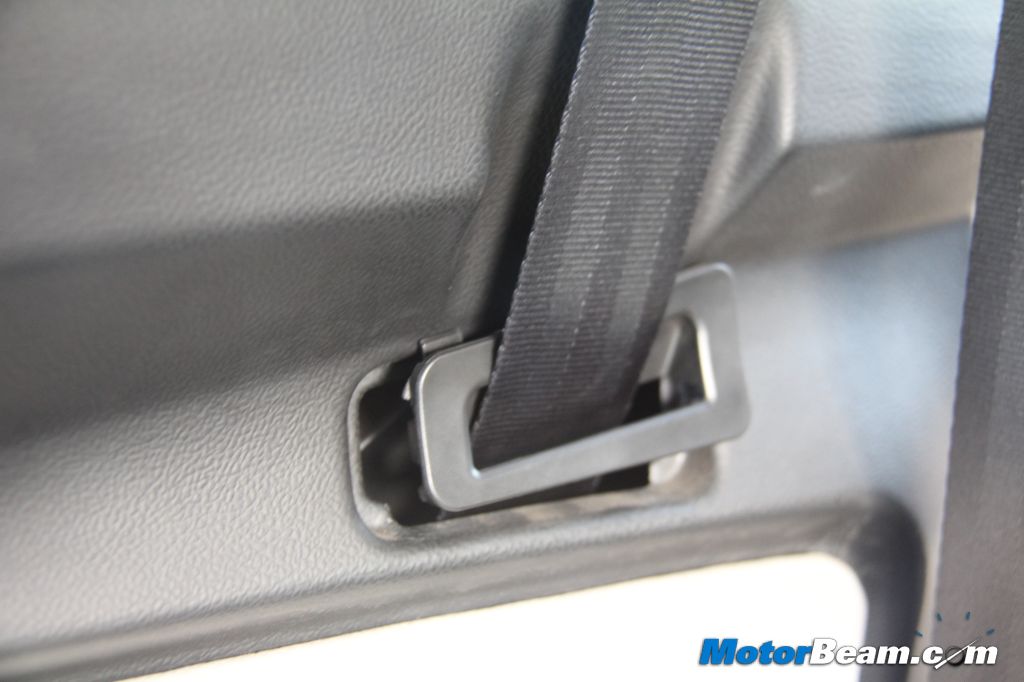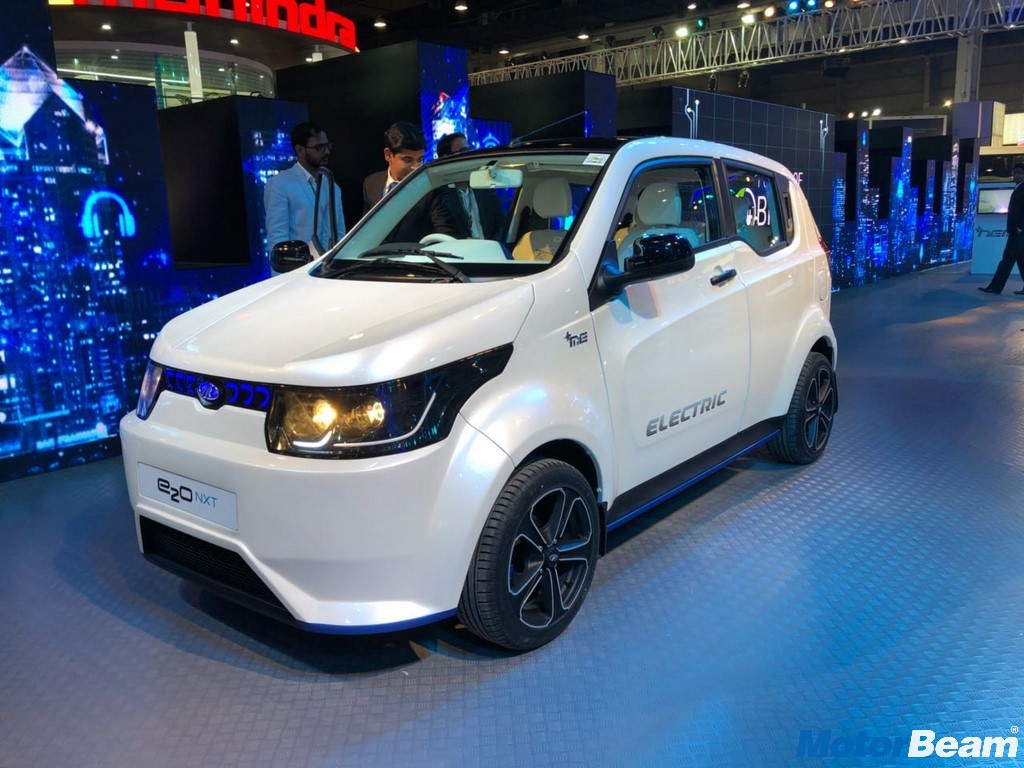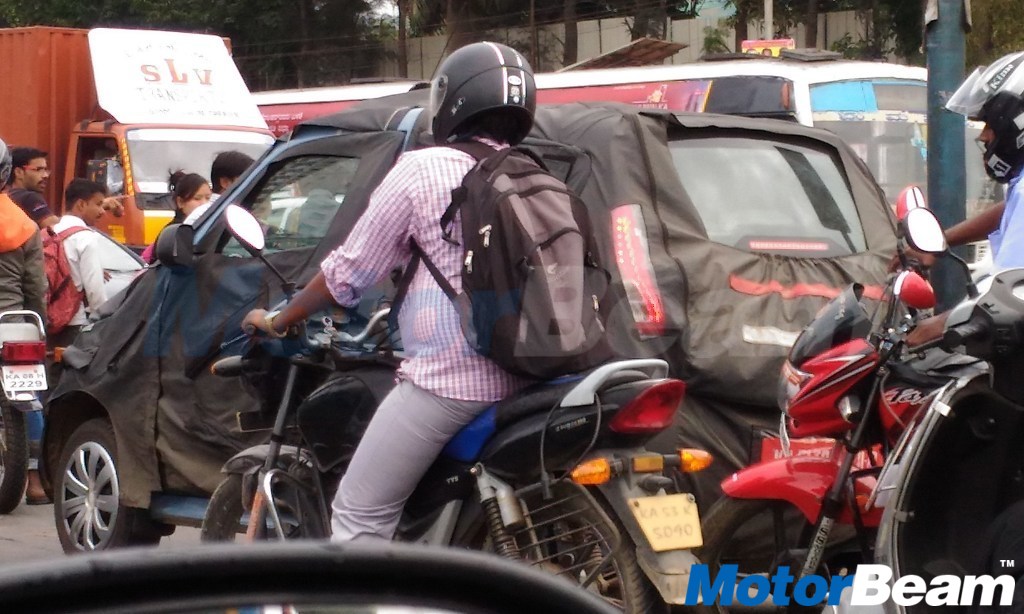We all know that Mahindra cars have been available in the international market for quite some time. Their latest offering in the United Kingdom is the compact electric vehicle e2o, priced at 12,995 pounds.

The e2o is powered by a 48V Lithium-ion battery pack with the DC motors churning out 25.47 HP of power and 54 Nm of torque. The e2o will be locking horns with the Renault Zoe and Volkswagen e-Up. We approached Mahindra regarding the safety features on the e2o sighting the stricter European automobile norms. Here is what Mahindra had to say:
Has the crash test on the e2o been conducted?
The e2o has gone through the European homologation and is EU WVTA (Whole Vehicle Type Approved) – which means that it has passed the rigorous testing process required to ensure the safety of the driver and passengers, just as other mainstream cars on the UK roads.
We have not yet applied for an NCAP rating.
What are the safety features offered on the e2o?
The e2o is a M1 type car which is fully safe and meets all the European safety norms, as required for cars to run on highways. To elaborate on the safety features, the car has dual airbags, ABS (anti-lock braking system), ESC (Electronic Stability and Traction Control) and TPMS (Tyre Pressure Management System). At the core, the e2o is a high strength steel space frame, as used in racing cars, and that cocoons the occupants.
It also has large front multiple crumple zones, ALR (Automatic Locking Retractor) seatbelts with ISOFIX child mount at the rear, dual-side impact beams and gear shift interlock and parking brake interlock. The car also comes with low CG (Centre of Gravity) as the location of the batteries under the passengers’ seats makes the vehicle highly stable.
Is the European and Indian build quality the same or different?
The European version of the e2o is a very different product from the car sold in India with upgraded safety, performance, handling, connectivity, comfort and convenience features.
It has been observed that a vehicle which has a top speed of 81 km/hr has safety features such as ESC but cars in India which can do 170 km/hr miss out on even basic safety features such as ABS and airbags. Though Bharat New Vehicle Assessment Program is set to be implemented in 2017, it would be a good gesture from automobile manufacturers if basic safety features are mandated across all models. As of date only a few manufacturers have standardised basic safety features that too on selected models.




